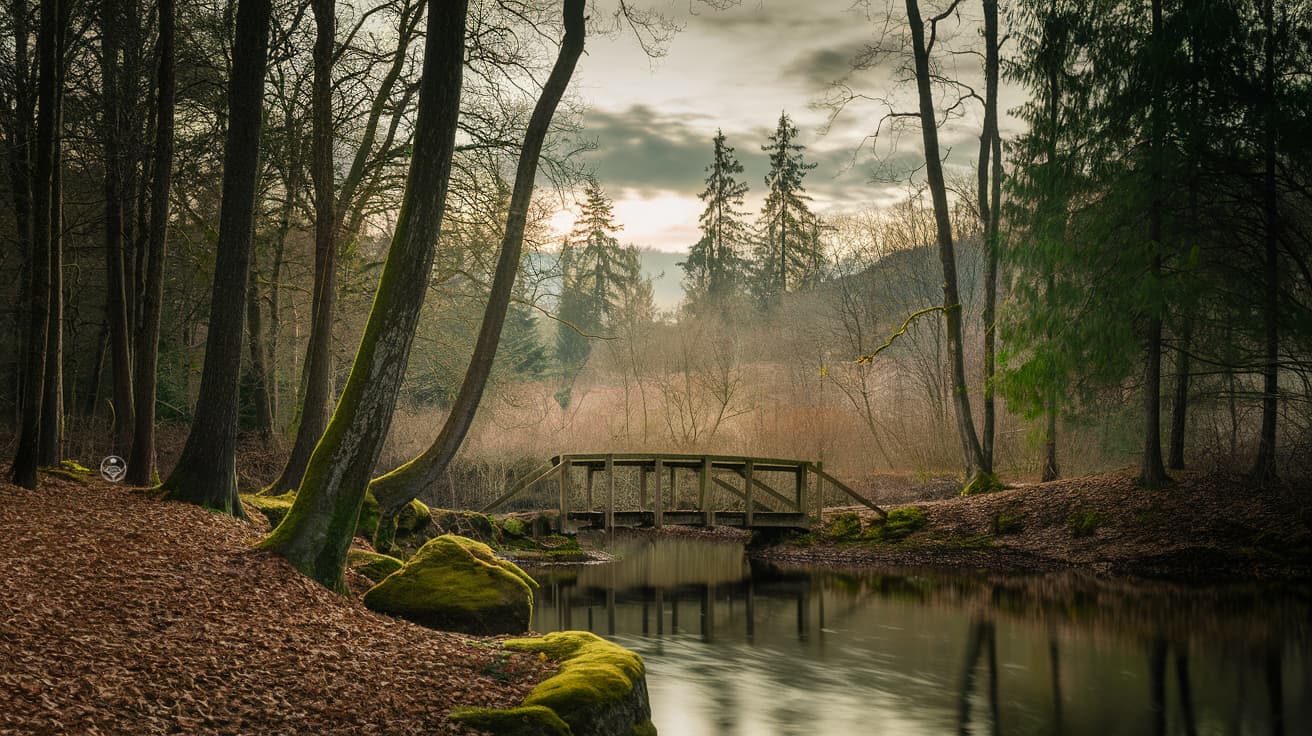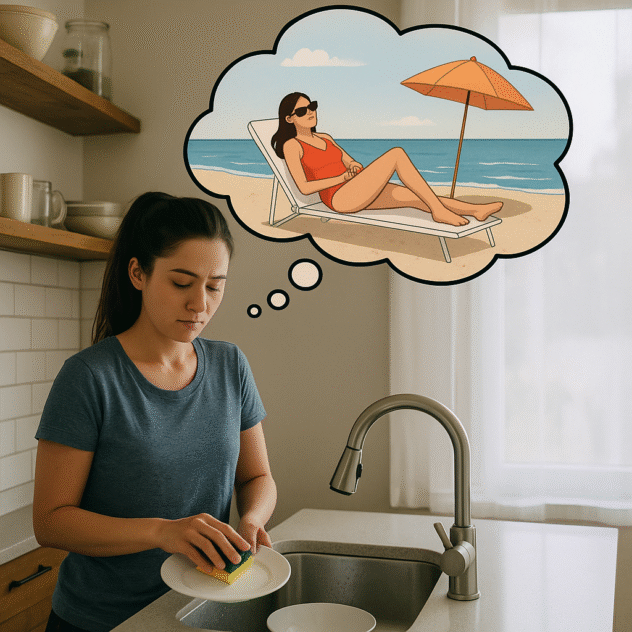Picture this: Your child is mid-meltdown because dinner wasn’t spaghetti, it was pasta spirals (a crime, apparently). You’re questioning every life decision while they bounce between screaming and spinning in circles. What if I told you the answer might not be stricter routines or more rules, but instead, embracing nature and neurodivergence as a dynamic duo? For neurodivergent individuals, whether it’s ADHD, autism, or sensory processing differences, nature can be the ultimate therapy.
Why Nature Loves Neurodivergence (and the Feeling is Mutual)
There’s real science behind why nature works wonders for mental health. Studies show that spending even 20 minutes in a natural setting can reduce cortisol (the stress hormone), improve focus, and boost overall mood. For neurodivergent brains, it’s even more impactful.
- Sensory Reset: No buzzing lights or background noise, just birdsong and the rustle of leaves. Nature is a sensory haven for hypersensitive individuals.
- Energy Outlets: If “sitting still” sounds like punishment to your ADHD child, climbing trees and splashing in puddles might be their perfect release valve.
- Mindfulness on Autopilot: Walking barefoot on grass or feeling the breeze doesn’t require guided meditation, it just happens.
Meet Mia: A Case Study in Mud Therapy
Mia is seven and autistic, with a love for dinosaurs and a deep hatred for crowded places. After one particularly disastrous day at a shopping centre, her mum, Ellie, tried something new. They went to a nearby park, and Mia spent hours building a “Jurassic swamp” with sticks and mud.
Unlock peak brain performance with science-backed biohacks. Join free now & get your guide for just £4.99 (45% off)!

It became their ritual: weekly park trips where Mia could decompress. Her meltdowns lessened, her focus improved, and Ellie? She started bringing a flask of tea and enjoying parenting again.
Nature Activities for Neurodivergent Individuals
Not every neurodivergent person likes the same things. But the beauty of nature is its variety, there’s something for everyone:
For Sensory Seekers
- Rock Climbing: It’s all about gripping, balancing, and problem-solving.
- Muddy Adventures: Let them stomp, squish, and splatter in the name of sensory input.
For Sensory Avoiders
- Quiet Forest Walks: Low stimulation, high serenity.
- Stargazing: Lie on a blanket and marvel at the cosmos. No touching required.
For Everyone in Between
- Wildlife Spotting: Squirrels, birds, or just an oddly shaped cloud, there’s always something to see.
- Gardening: Plant a sunflower or dig for worms.
But How Do I Get My Kid Outside Without Tears?
Let’s be honest, getting a neurodivergent child to swap the iPad for a bug hunt isn’t always easy. Here’s how you can nudge them outdoors:
- Bribe Them (Yes, Really)
“30 minutes outside equals 30 minutes of screen time.” Works like a charm. - Turn It Into an Adventure
“Let’s see if we can find a tree that looks like a dinosaur!” Make it about discovery, not exercise. - Let Them Lead
If they want to spend the entire time poking a puddle with a stick, let them. This isn’t boot camp.
Nature and Neurodivergence: Why It’s Not Just for Kids
Parents, carers, and neurodivergent adults, this is for you too. Nature isn’t ageist. It doesn’t care if you’re 4, 14, or 44.
- Stressed out? Go for a walk.
- Overwhelmed? Sit under a tree.
- Bored? Skip stones or feed the ducks.
Nature is self-care that doesn’t require a subscription or an instruction manual.
Nature and Neurodivergence: Blending Nature with Other Therapies
Nature doesn’t replace therapy, medication, or supplements, it complements them.
- Pair Outdoor Time with Mindfulness: Deep breathing is easier when surrounded by trees than in a chaotic living room.
- Use Nature for Sensory Integration: Weighted backpacks for hiking or texture exploration with leaves and bark.
- Schedule Outdoor Time: A quick walk before homework can improve focus.
Final Thoughts: The Outdoors is Calling, Are You Listening?
Parenting (or being) a neurodivergent individual isn’t easy. But sometimes, the simplest solutions are the most effective. Nature offers freedom, calm, and connection, not just to the world around us, but to ourselves and each other.
So pack a snack, grab a raincoat, and step outside. You might just find that the trees, mud, and birds have more to teach us about thriving than any self-help book ever could.
Join Our Community of Neurodivergent Champions
Looking for a space to share your experiences or ask for advice? Join the Herbal Biohacker community, where parents, caregivers, and neurodivergent individuals come together to exchange ideas, celebrate wins, and find support. Connect with like-minded people and specialists who are passionate about empowering neurodivergence in all its forms.
Let’s navigate this journey together, because no one should have to go it alone.







